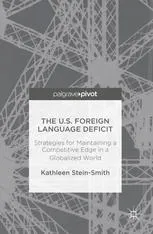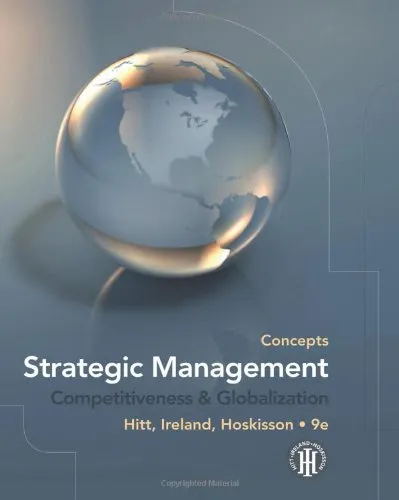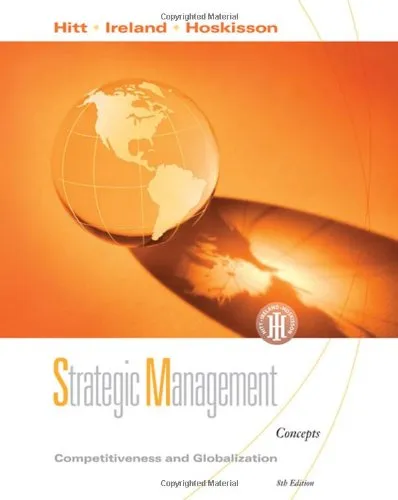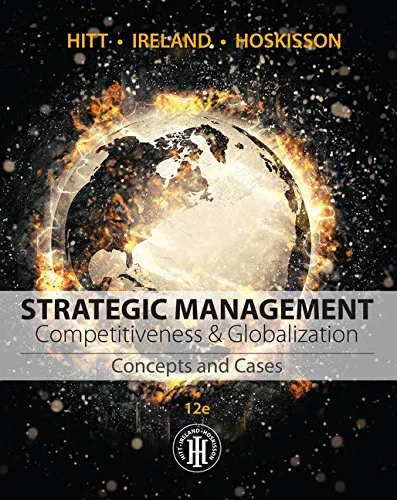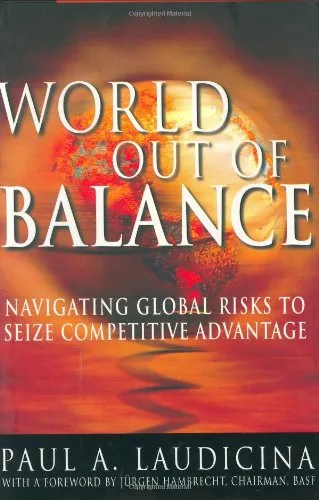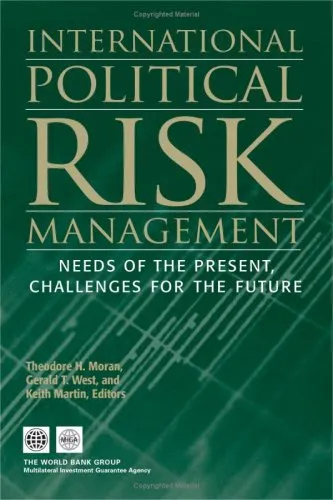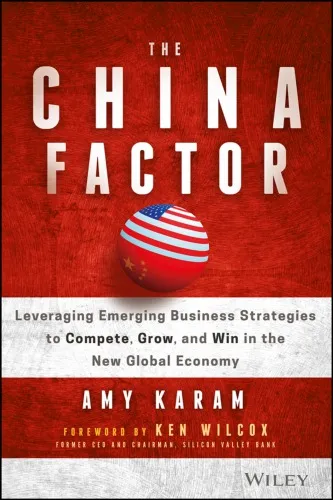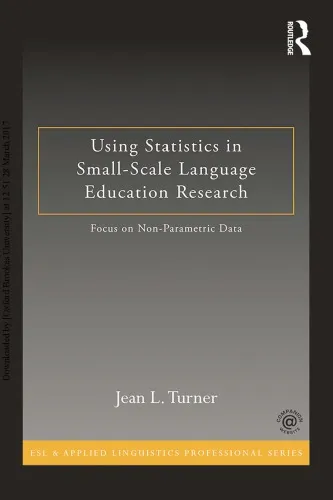The U.S. Foreign Language Deficit: Strategies for Maintaining a Competitive Edge in a Globalized World
4.0
Reviews from our users

You Can Ask your questions from this book's AI after Login
Each download or ask from book AI costs 2 points. To earn more free points, please visit the Points Guide Page and complete some valuable actions.Related Refrences:
Introduction to "The U.S. Foreign Language Deficit: Strategies for Maintaining a Competitive Edge in a Globalized World"
In an increasingly interconnected and globalized world, proficiency in foreign languages is no longer a luxury but an essential skill for individuals and nations alike. "The U.S. Foreign Language Deficit: Strategies for Maintaining a Competitive Edge in a Globalized World" is an exploration of the challenges posed by America's lack of fluency in languages other than English and its implications for society, business, education, and diplomacy. Authored with a deep commitment to bridging the gap between aspiration and action, this book provides a comprehensive analysis of the issue and offers pragmatic solutions to foster linguistic competence across the United States.
The United States faces a unique paradox. It is one of the most linguistically diverse nations in the world, yet many citizens and institutions remain monolingual. This foreign language deficit has significant economic, political, and cultural consequences. By examining both the roots and the impact of this issue, the book advocates for a paradigm shift in education and policy, urging a collective response to meet the communication demands of the 21st century. In this introduction, we will walk you through the key components of the book, its insights, and why it is a critical resource for anyone invested in the future of U.S. competitiveness and global engagement.
Detailed Summary of the Book
The book begins by outlining the foreign language deficit in the United States, exploring historical, cultural, and systemic factors that have contributed to this widespread linguistic shortfall. Through compelling data and analysis, it demonstrates how the lack of foreign language proficiency has created challenges for American businesses, weakened national security, and limited cultural understanding.
Moving forward, the book delves into the role of education systems in perpetuating the issue. It examines the gaps in curriculum design, funding, and teacher training, which have collectively hindered the development of multilingual citizens. The narrative then shifts focus to the workplace and government sectors, highlighting how these deficiencies diminish the nation’s ability to compete on the global stage and manage diplomatic relationships effectively.
Most importantly, "The U.S. Foreign Language Deficit" does not simply dwell on problems—it offers practical, research-backed strategies for change. These include policy recommendations, public-private partnerships, and grassroots initiatives aimed at encouraging language learning. The book inspires a sense of urgency while also instilling hope that meaningful change is within reach, provided there is collective action.
Key Takeaways
Readers of "The U.S. Foreign Language Deficit" will walk away with vital insights and actionable ideas. Some of the key takeaways include:
- The U.S. foreign language deficit stems from systemic educational shortcomings and cultural attitudes favoring English dominance.
- Foreign language skills are critical for economic competitiveness, national security, and fostering global citizenship.
- Successful strategies for tackling this issue include reforms in education, increased funding and support for language programs, and leveraging community resources.
- Developing multilingual skills is not just a societal benefit; it opens opportunities for individuals to thrive in an interconnected economy.
Famous Quotes from the Book
The following quotes capture the essence of the book's arguments and call for action:
"In a world defined by interdependence, language fluency is not merely an asset—it is a necessity."
"We cannot afford to ignore the multilingual reality of our world. Language is the gateway to understanding, collaboration, and progress."
"Education must be at the forefront of change. Only through systemic reform can we equip future generations with the skills to succeed globally."
Why This Book Matters
The importance of "The U.S. Foreign Language Deficit" cannot be overstated. At a time when global challenges require unprecedented collaboration, the inability to communicate across cultures and languages has far-reaching implications. This book highlights how the foreign language deficit limits not only the United States' economic and security potential but also its ability to be a leader on the world stage.
Moreover, as globalization continues to reshape the workplace, businesses are increasingly demanding multilingual employees who can operate across diverse markets. This book serves as a clarion call for policymakers, educators, and society at large to recognize foreign language proficiency as a vital skill for the future. By shining a light on this pressing issue, it empowers readers to contribute to the creation of a more linguistically capable and globally competent society. It is both a call to action and a roadmap for meaningful change.
Free Direct Download
You Can Download this book after Login
Accessing books through legal platforms and public libraries not only supports the rights of authors and publishers but also contributes to the sustainability of reading culture. Before downloading, please take a moment to consider these options.
Find this book on other platforms:
WorldCat helps you find books in libraries worldwide.
See ratings, reviews, and discussions on Goodreads.
Find and buy rare or used books on AbeBooks.
1292
بازدید4.0
امتیاز0
نظر98%
رضایتReviews:
4.0
Based on 0 users review
Questions & Answers
Ask questions about this book or help others by answering
No questions yet. Be the first to ask!
